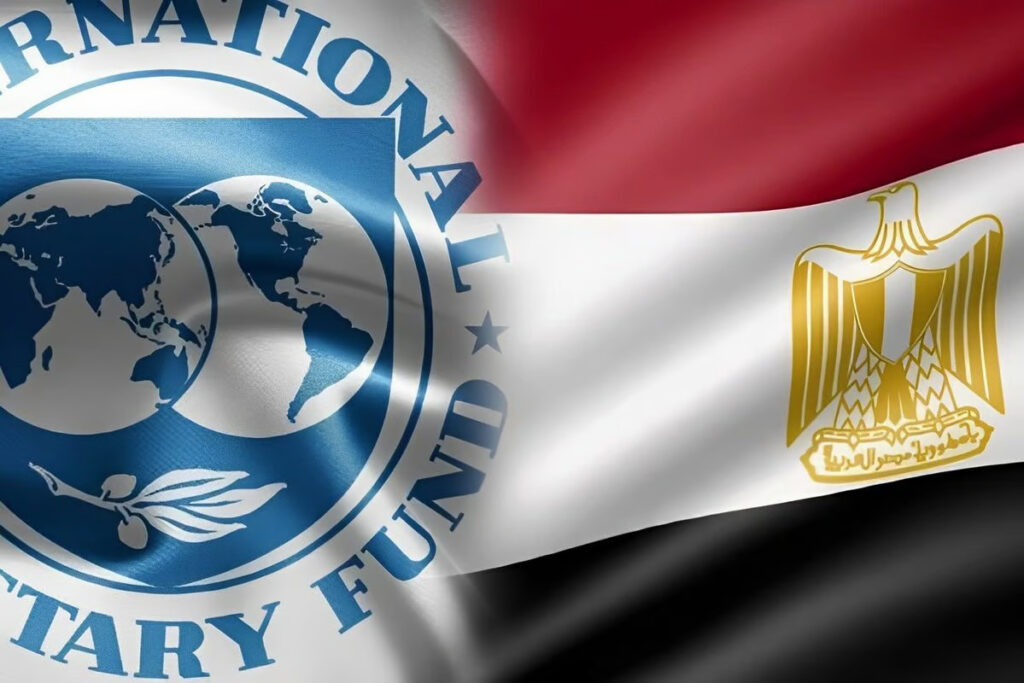IMF Approves $820 Million Disbursement to Egypt Amid Positive Economic Progress
The International Monetary Fund (IMF) has recently approved an $820 million disbursement to Egypt, following a positive assessment of the nation’s economic performance since the initiation of an $8 billion loan program in December 2022. This decision comes as a result of the IMF Executive Board completing its third review of Egypt’s 46-month Extended Fund Facility (EFF) arrangement.
Economic Reforms Displaying Promising Results
According to Antoinette M. Sayeh, the IMF Deputy Managing Director and Acting Chair, Egypt’s strengthened reforms under the EFF-supported program are yielding favorable outcomes. “The unification of the exchange rate and the accompanying monetary policy tightening have curbed speculation, attracted foreign inflows, and moderated price growth,” said Sayeh. These measures have contributed to a more positive sentiment in the market, laying the groundwork for private sector growth.
Praises for Economic Management
The IMF commended Egypt for its efforts in addressing inflation, easing foreign exchange shortages, and meeting fiscal goals, particularly those related to large-scale infrastructure projects. Such achievements have played a significant role in enhancing investor confidence and fostering a more optimistic business environment.
Critical Challenges and Future Concerns
Despite these advancements, the IMF did not shy away from highlighting potential challenges. The ongoing regional conflict in Gaza and Israel, along with domestic policy issues, pose significant risks. The IMF emphasized the need for a flexible exchange rate, persistent efforts to control inflation, and continuous fiscal consolidation. These steps are deemed crucial to ensuring that resources remain available for essential sectors such as health and education.
“Ongoing fiscal consolidation efforts will help place public debt on a decisive downward path,” stated the IMF. They further underscored the importance of strengthening domestic revenue streams and managing fiscal risks, particularly within the energy sector.
Targeting Private-Sector-Led Growth
To drive further economic stability, the IMF advised Egypt to expedite the privatization of state-owned enterprises and improve the overall business environment. Emphasizing the need to strengthen the financial sector and foster competition within the banking industry, the IMF suggested that these measures are vital for promoting private-sector-led growth, which can subsequently generate jobs and opportunities for the broader population.
Austerity Measures and Inflation Management
In line with the IMF’s conditions, Egypt has implemented a series of austerity measures, including significant interest rate hikes, currency devaluation, and increases in fuel prices. These actions have collectively contributed to a gradual decrease in inflation, which was slightly over 27% as of June. Egyptian Prime Minister Mostafa Madbouly has set an ambitious goal of reducing inflation to 10% by 2025.
Focus on Fiscal Consolidation and Privatization
The recent IMF review also scrutinized Egypt’s progress in terms of fiscal consolidation, debt reduction, and privatization. The government is focused on narrowing the budget deficit, reducing public debt, and divesting state-owned assets as part of its broader economic strategy.
As Egypt navigates the complexities of economic reform and global challenges, the positive IMF assessment and subsequent funding offer a bolstered sense of optimism for the nation’s financial future.
For more updates on Egypt’s economy, visit IMF.
